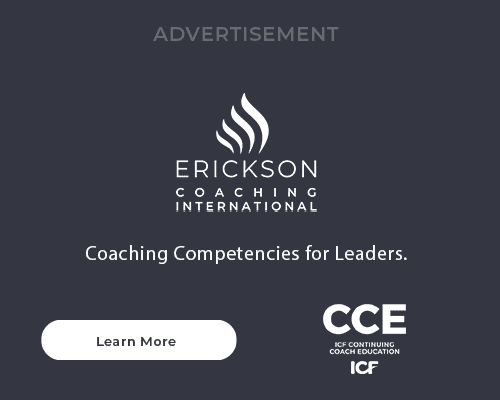Cultivating Empathy for Maximum Effectiveness
Do you believe that empathy is a trait, hard-wired into our genes, or a skill, to be practiced and cultivated? Stanford University psychologist Jamil Zaki thinks it’s the latter.
“Through the right practices, such as compassion meditation, diverse friendships, and even fiction reading, we can grow our empathy on purpose,” says Zaki, in an interview with Futurity. Empathy is something like a muscle: Left unused, it atrophies; put to work, it grows.”
In his work with Carol Dweck, they found that those with a growth mindset regarding empathy—simply believing that empathy is a skill that can be developed—try harder at fostering it. For example, in their studies, those with the growth mindset, as compared to those with a fixed mindset, spent more time listening to the suffering of someone of another race and more energy towards trying to understand the opinions of someone from a different part of the political spectrum.
Zaki cautions that empathy, like any other emotion, is not always useful.
“This is especially true of professional caregivers, who experience an empathic double-bind,” Zaki says. “These individuals are driven to their work by a deep desire to help others, and when they express empathy, their patients flourish. But that same care can be an occupational hazard, turning into trauma, fatigue and burnout.”
As a coach, you get to care about and help people on their own personal journeys. It can be powerful work, but you may have experienced the “occupational hazard” that Zaki. So, what can you do?
Zaki and other psychologists are exploring how helping/caring professionals might be able to empathize in more sustainable ways. One way may be through cultivating empathic concern, or feeling for someone, rather than through emotional empathy, or feeling as someone else does. This way, you can still care, but it will take less of a toll on you. Early research is showing that contemplative practices, like compassion meditation, appear to be helping people make the distinction between empathic concern and emotional empathy.
Have you cultivated your empathy in a way that has you feeling less burnout and exhaustion? Share your practices and experiences in the comments.




Hi Lisa,
Great article. As someone who is extremely high in empathy, I can attest to the potential downsides.
The earliest memory I have of being empathetic is when I was about 7 or 8 years old, I recall passing someone on the street who had a large birthmark covering almost half his face. I recall knowing it wasn’t polite to stare. And just after passing him, I remember thinking: I have this thing on my face too; and feeling: everyone is staring at me because of it and it made me feel bad. The emotions I felt seemed so real to me like they were actually my own. On top of that, I felt terrible for him for what he had to endure. 40+ later, looking back on it as an adult, I can see both the naivete and fallacy of my thinking.
However, that doesn’t mean I have it under control. I often find I need to unplug from following the news / social media because the emotional weight of it all just becomes too much.
As a developing coach, I am interested in ways to reduce the likelihood of my experiencing the negative effects of empathy in the course of my work. As a current practitioner of Transcendental Meditation, I will be exploring compassion meditation and other techniques to help me make the distinction between empathic concern and emotional empathy.
I appreciate your taking the time to write and sharing with the community.
With gratitude,
Andy
Hello Andy,
Thank you for sharing your thoughts and experiences. I, too, often have to unplug from the media to avoid becoming emotionally burnt out.
It sounds like the Transcendental Meditation is helping you to strike a balance, so that is great. If you ever get to a point where you’d like to share your exploration, or even tips, with other coaches, please feel free to propose an article for Coaching World: https://coachingfederation.org/submit-an-article. I think the topic could be highly beneficial to others.
Best regards,
Lisa